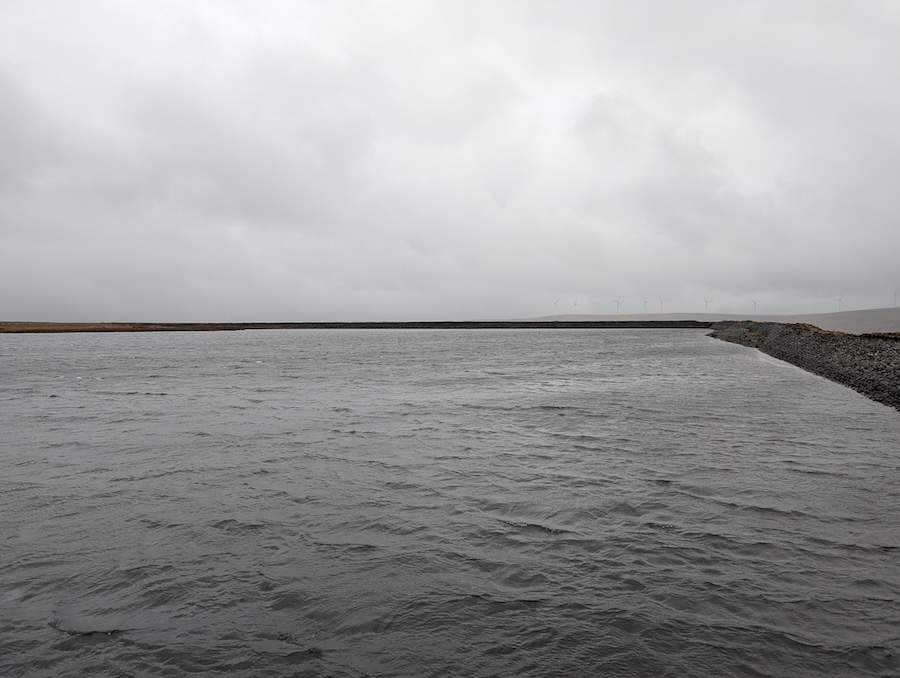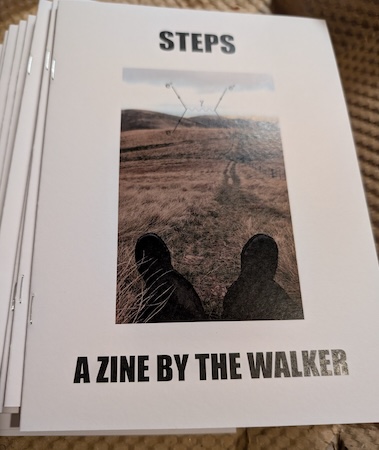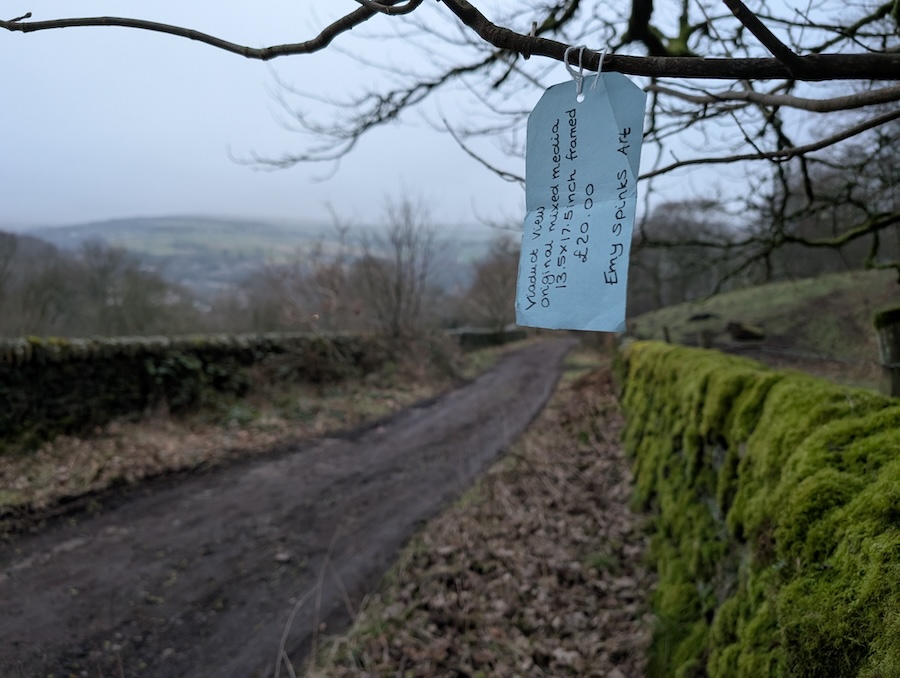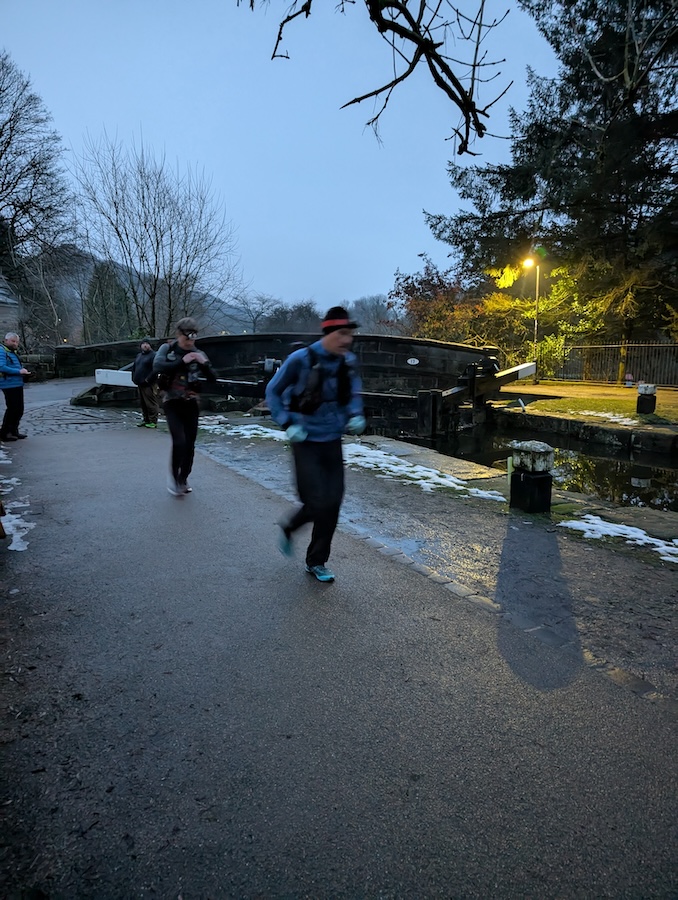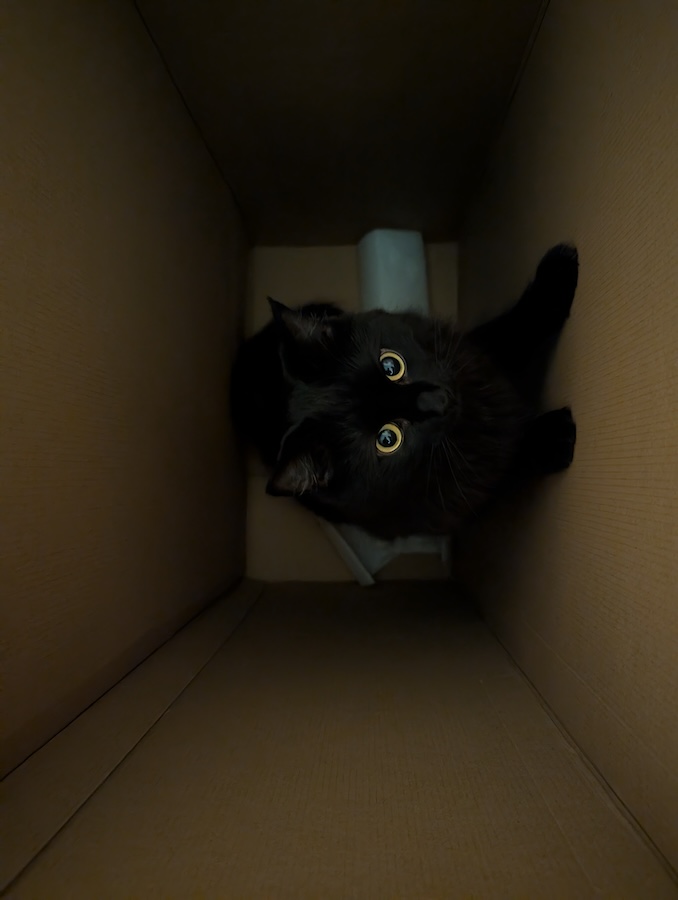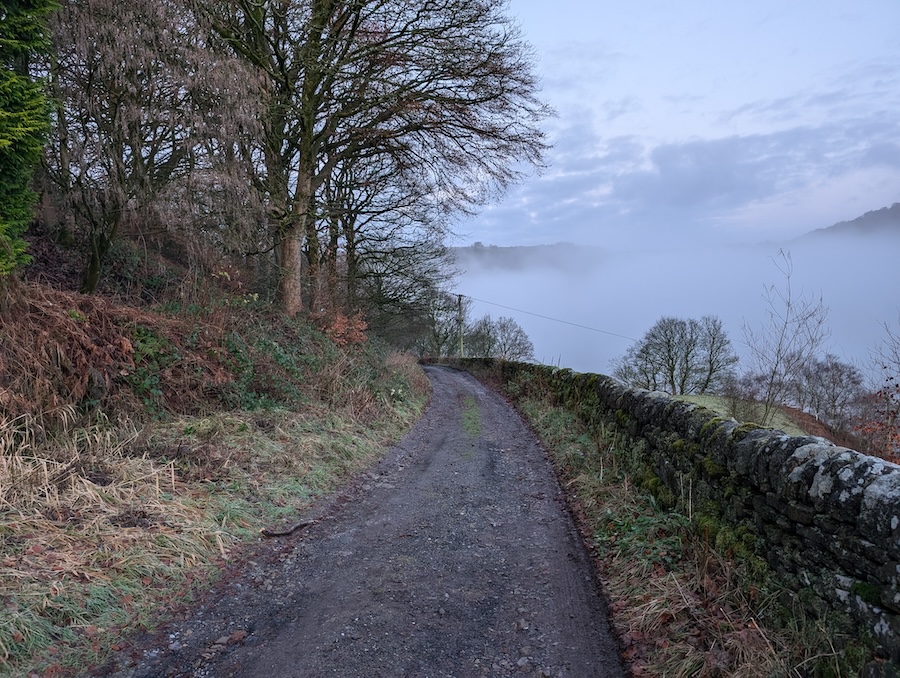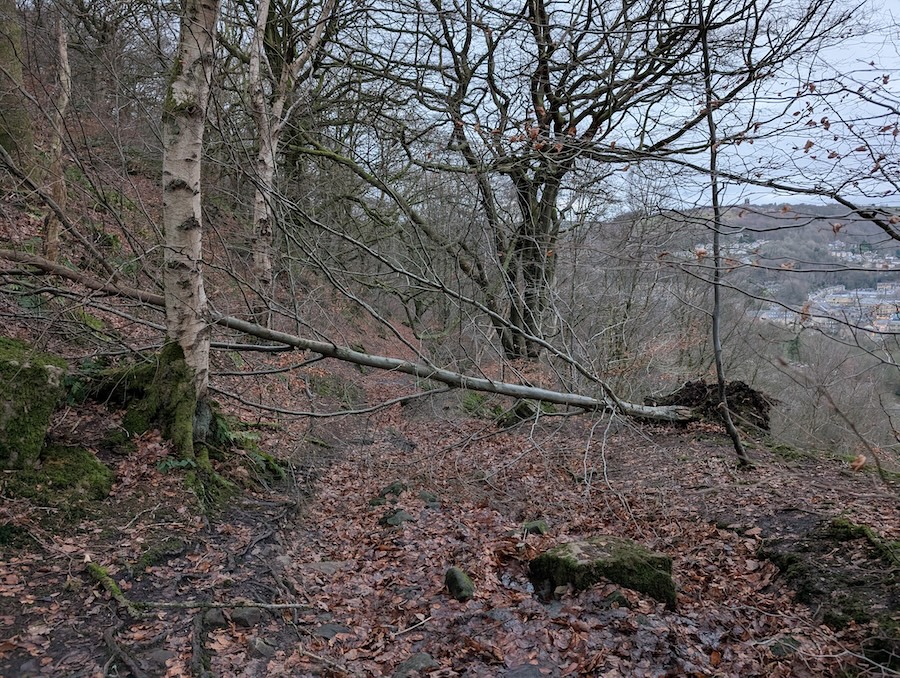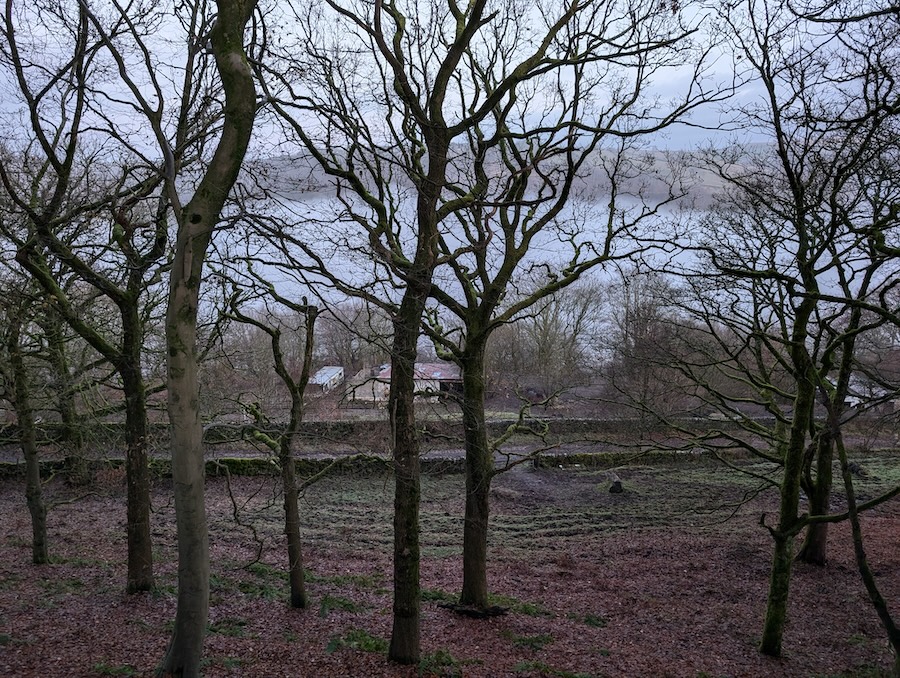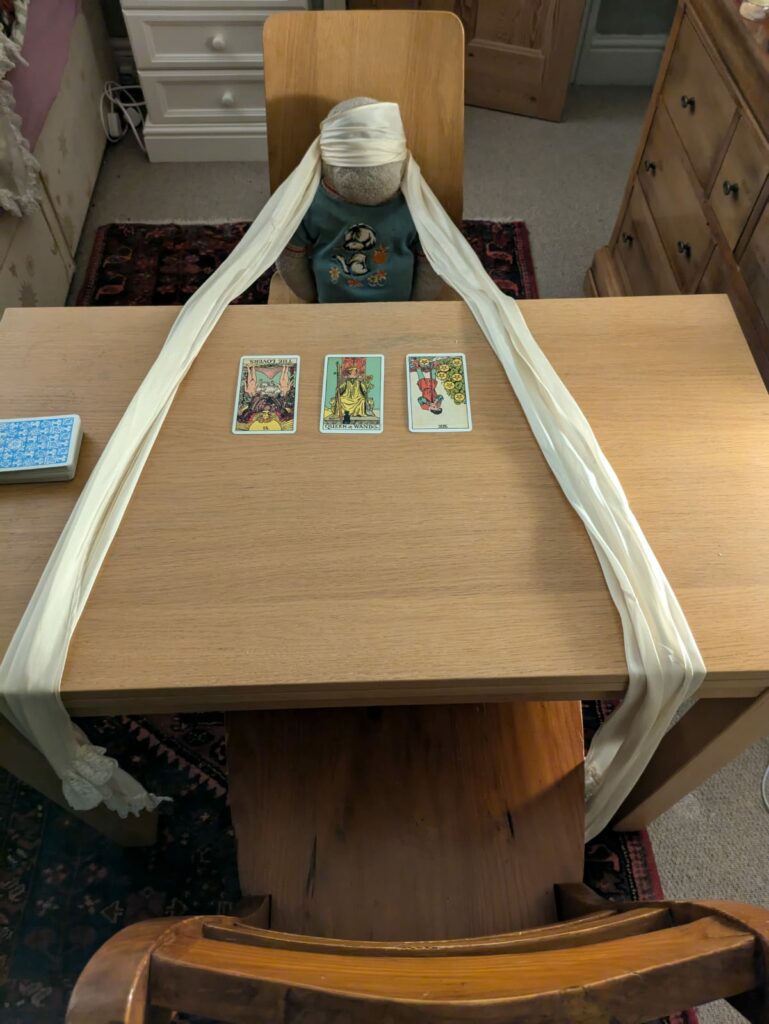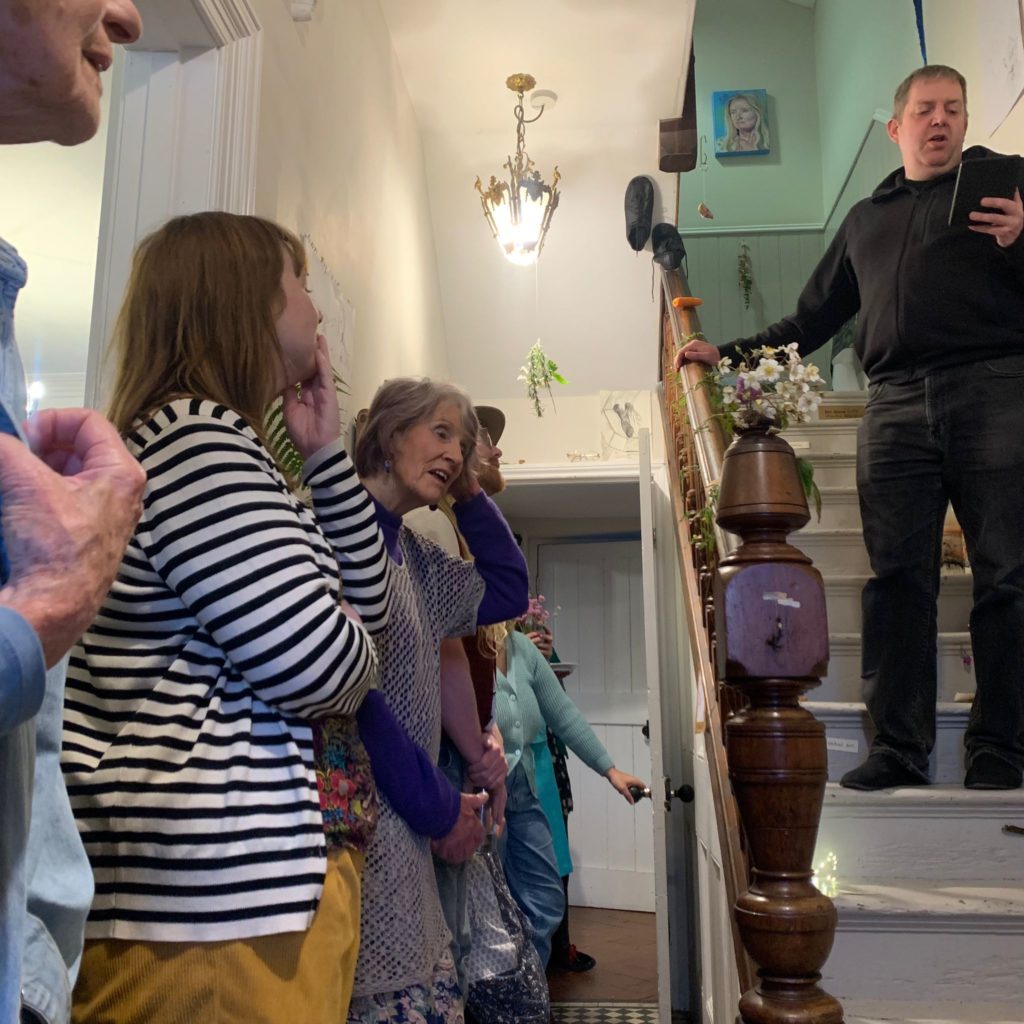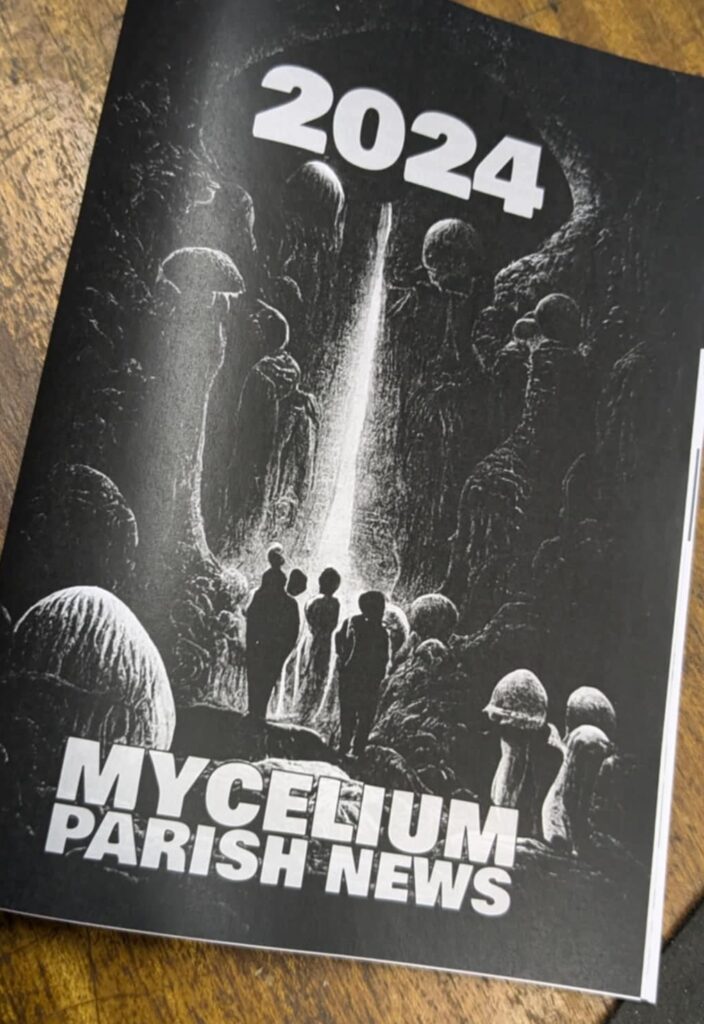I spent February in the doldrums, struggling with my energy and enthusiasm – and a sudden cold snap didn’t help. The overall impression of the month was an ongoing slog, despite some fun activities and a wonderful holiday.

Rosy’s final performance of Musclebound took place in Nottingham. It was a pain to get there, but lovely to catch up with friends and family. There was also an excellent tour of Todmorden put on by Hwaet magazine, and I attended a couple of events put on by Bryony Good (a writing workshop and a photo walk). I later realised that I had performed alongside Bryony as part of the Two Knocks For Yes event in 2015.
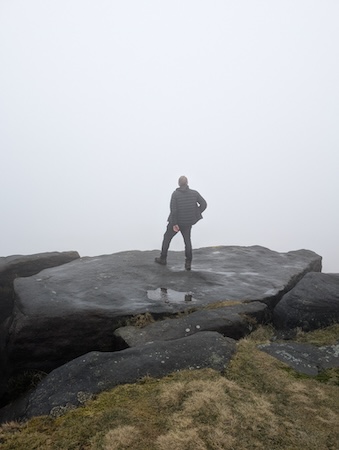
The highlight of the month was a trip to Anglesey with Swedish friends Lou-Ice and Sara Starkstrom. Sara wrote an excellent book on urbex and was a great guide. Anglesey was lovely and we had only one day of bad weather – which was a poor time for Lou and I to try climbing some cliffs. The trip had many highlights, but the scenery at the slate mines was particularly photogenic.

My efforts at exercise and diet continued to be lacklustre. I walked 383,268 steps, an average of 13,688 a day, with the peak being walks around Hebden Bridge on Lou’s birthday. Being in the doldrums led to some unhealthy reliance on junk food, and I added a further half pound to my Christmas weight. But I’m feeling a little more focussed now, so hopefully I’ll get a grip on things in March.

Like everything else, my writing has felt stuck in a rut. I sent out four new stories and was particularly pleased with England is a Disease, a piece about Narnia. But generating new ideas has been a struggle. I’m refocussing on stories that bring me joy to write – because life is too short not to love my hobby.

It was a good month for movies. I repeated last year’s attempt to see all of the Oscar nominees before the ceremony. There’s a full rundown elsewhere, but it was an interesting set of movies. Anora deserved its 5 Oscars, but The Brutalist and I’m Still Here were both impressive. I finally saw Saving Private Ryan which was a weird mix of tones. The best movie of the month was Robbie Williams biopic Better Man which improved on all those slavish, obvious music movies by having the lead character played by a CGI monkey.

I’ve been trying to concentrate better at reading, dropping a few books I was not getting into. I read Emmanuel Carrère’s V13 on a sleepless night and it was a horrifying but worthwhile read. The new Julia Armfield novel, Private Rites, was haunting. All Fours was an excellent and thought-provoking book by Miranda July. I also read We Used to Live Here, which was an interesting post-creepypasta horror novel. Joseph Matheny’s Ong’s Hat Compleat, a combined text and audio book was excellent, and I loved how he mixed the two mediums.

In a month, my current job will be the longest I’ve worked for a single employer. Despite feeling flat generally, I love working there, which feels amazing. A lot of that joy is due to having only one mandatory office day a week. It’s also ten years since I left Crunch Accounting. Still can’t believe some of the things that went on there.

For most of the last year, I’d been growing my hair out a little. Ultimately I couldn’t decide what to do with it, so decided to return to a Grade 1. It took some work to persuade the barber that I knew what I was doing and wasn’t having a breakdown. I feel much better for the cleaner look.
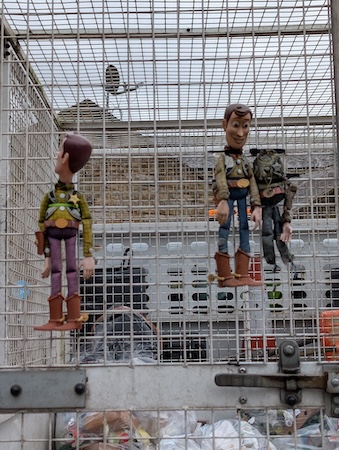
I’ve continued improving my digital hygiene, reducing the amount of information that I take in. There’s a lack of weight to digital things (podcast queues, browser tabs, mailing list subscriptions, ebooks) that makes it hard for me to estimate how much I’ve committed myself to. I’ve been filtering out non-personal email, closing social accounts and letting things go. I still have letterboxd, mastodon and my RSS feeds, which just about feel like useful ways to spend time.
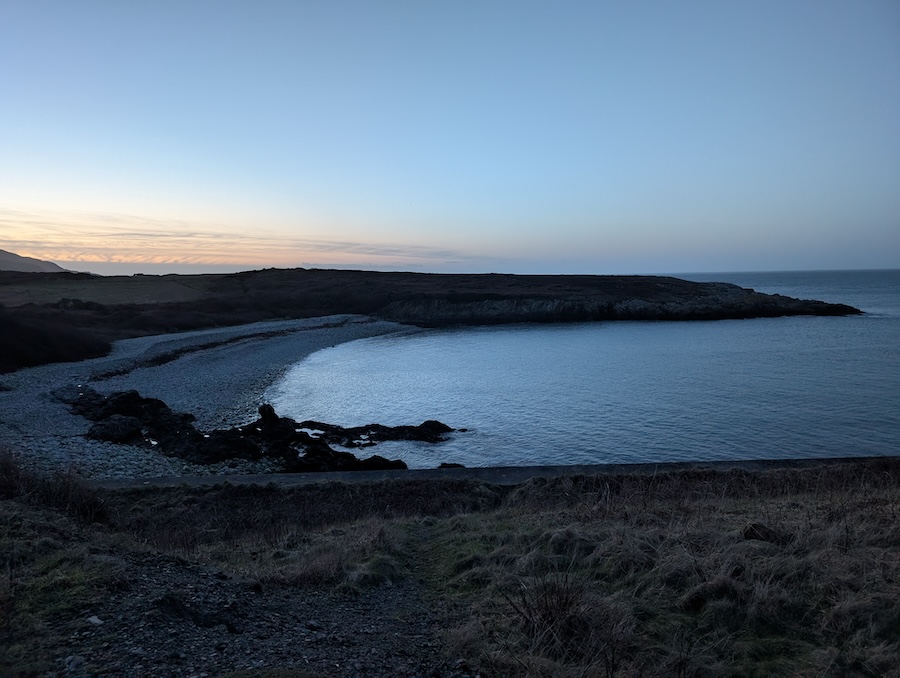
I gave a couple of talks last year where I referred to Hakim Bey’s Immediatism, and the importance of meeting offline. I’ve started thinking that the online world drains energy from in-person social interactions, so part of the process of moving off social is about seeing how that changes my engagement with the world.

I’ve mostly avoided the news, but a lot of it leaks into my social feeds. For all Trump’s flaws, I was heartened to hear him suggest massive nuclear disarmament. But, the rest of the time, I’m frustrated about how the world is currently dominated by bullies and bullshitters.
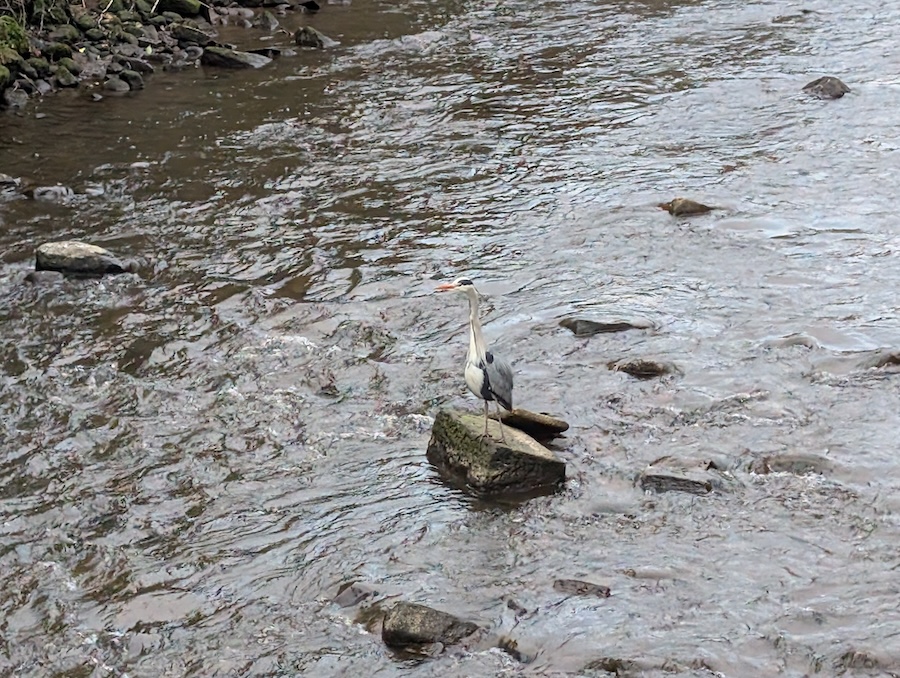
In more hyperlocal politics, Rosy and I have been filling the bird-feeders. It’s been good to see the birds gathering, although one bird – which we’ve dubbed Fat Robin – tries to keep the smaller birds away.

- I interviewed Dan for a podcast, talking about Peakrill Press and his most recent kickstarter. Podcasts might be cheesy, but it’s good that there is part of online life that is still open for all.
- The podcast episode Breakfast on Tiffany was one of the funniest things I’d ever listened to. I couldn’t listen to it outside, as it made me laugh out loud. My stomach muscles ached when I finished.
- I’ve been playing video games in the evenings – mostly the new rogue-like for The Last of Us Part 2. The other games I’ve tried recently just haven’t caught my attention – but it’s great to have an endless set of new levels for The Last of Us 2.
